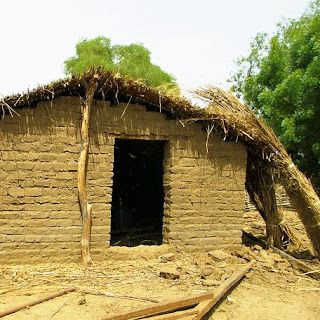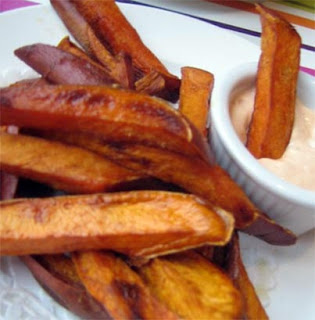Two Ways to Cook Pumpkins Roasted and Toasted

Fresh sugar pumpkins and pumpkin seeds are popular African recipe ingredients. Pumpkins are a gourd growing on vines popular in Uganda and South Africa. Pumpkins are one of the most popular fruits in Africa used in countless African food recipes. Pumpkins are a fruit botanically despite most people considering pumpkins a vegetable. They are eaten many different African food recipes used in stews, side dishes, and baking. The taste is slightly sweet when ripe and bitter when green however all pumpkins are a good source of beta-carotene. The African pumpkin weighs between 5 and 50 pounds in many different oval shapes. The rind varies in color from light to dark green when immature and light orange to beige when mature, and can be smooth or rough with the flesh orange in color when mature. Pumpkins are a popular African food recipe so let's make roasted fresh pumpkins and toasted pumpkin seeds. Roasted African Pumpkin Recipe Ingredients 2 pounds fresh sugar pumpkins cut in...








